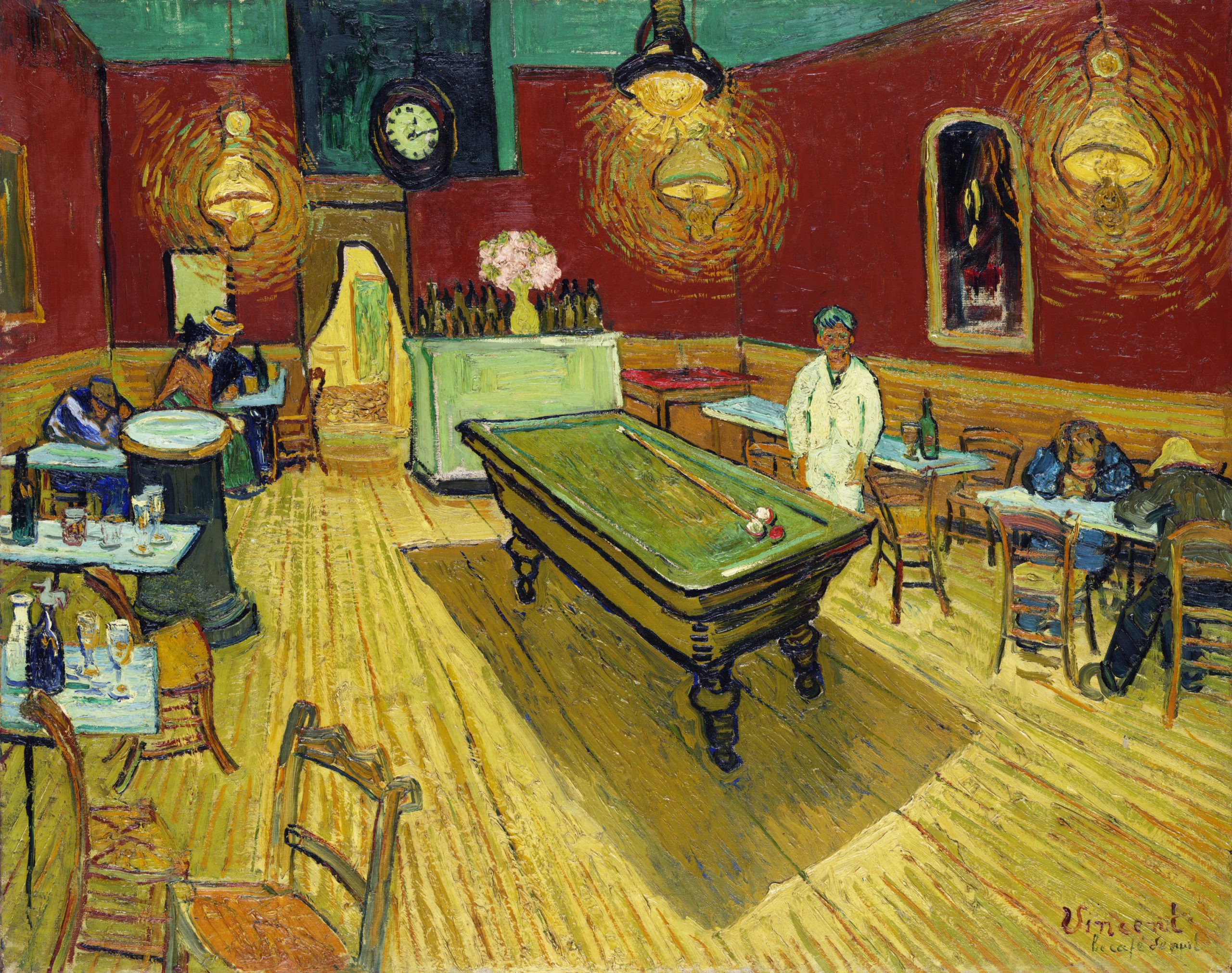
I’ve been privileged and honored to work with the Venice Biennale College every year, watching its projects and presenting my perspectives on them to the filmmakers with a group of other lovely people and first-rate critics who this year are Time magazine’s Stephanie Zacharek, protean freelancer Chris Vognar, the San Francisco Chronicle’s Mick LaSalle, Pierre Ehrenreich of Positif and Sarah Einhorn Hielm of the Finnish publication Hufvudstadsbladet. Chairing the panel is the venerable—and absolutely beloved by his colleagues—critic and scholar Peter Cowie (among other things, the author of the best book about “The Godfather,” and a recent personal account of Japanese cinema). And joining us at the table is Savina Neirotti, who heads the Biennale College program.
Everybody’s been concerned about inflation over the past couple of years, and the program is aware of it too: while it had been funding the three feature films it sponsors with 150,000 Euros, this year, the filmmakers get 200,000. They hit Venice twice: first to workshop their projects in director/producer pairs, then to present it to the festival, where, among other things, they’ll hear from us. It’s a unique experience for both filmmakers and critics. And it’s yielded some first-rate and sometimes radical films. You may have heard of “This is Not a Burial, It’s a Resurrection,” “The Fits,” “My Father, The Devil,” and “The Cathedral.” They’re all Biennale presentations.
While the program is overall very strong in showcasing work from Asian and African countries, this year’s features are from the Western world, more or less. And they’re all striking and old, each one rather different in tone.
“Lumbrensueño,” from Mexico, directed by Jose Pablo Escamilla and Nicolasa Ruiz, is a coming-of-age story that takes a refreshing approach that deviates from linear narrative to present long passages representing the inner life of its future artist. The movie’s teen protagonist works at a burger joint; his boss notices he likes film and enlists him to make a promo video for the joint. His best friend at work is a socially awkward anime freak (an “otaku,” as they say) who brings new visions into his life. The movie’s title translates to “Fire Dreams,” and the imagery lives up to it.

The Italian production “L’anno dell’Uovo,” that is, “Year of the Egg,” is a beguiling picture that ends up taking the viewer somewhere they won’t necessarily expect except if they’ve been watching with meticulous care. It shows a newly present couple having their childbearing process supervised at a kind of ashram where the egg is an object of worship. A peculiar tension builds throughout, well-built by director Claudio Casale, and some notes seem satirical. The movie is ultimately after something else, something enigmatic but also jolting.
Directed by Dorka Vermes, “Arni” is a Hungarian film that is, well, very Hungarian. A very down-at-heels circus arrives in a similarly bedraggled village. The title character is the outfit’s odd-jobs guy and whipping boy. Not just whipping boy; in one startling shot, we see him giving himself sexually to the circus’ fire-twirler. The entertainers have troubles, one being that their threadbare animal acts are going to pieces. This is a character study with nerve; its miserable people aren’t conventionally attractive, but they’re depicted with both raw candor and compassion. Arni eventually gets some status by working with a fearsome-looking python picked up by the troupe. A friend told me they literally couldn’t watch the film because they’re that snake-averse. Too bad, it’s well worth seeing.
At the panel, we spoke of the films and the distribution hurdles they faced. I got myself into a bit of a lather, recalling my pronouncement all the way back in 2015 that streaming services would open exciting new channels for cinematic art. The business practices of most of them since then, especially in view of the WGA and SAG strikes, now show these entities for what they are, which is actively anti-art. We learned a good deal from the filmmakers themselves. “Lumbrensueño” co-director José Pablo Escamilla, who goes by “JP,” described how he built his film around seemingly disparate ideas he directed in a notebook. Dorka Vermes shared her surprise during the editing process of “Arni,” putting together a ten-minute opening sequence that she did not necessarily foresee would contain no dialogue. “Year of the Egg” director Claudio Casale envisioned a time, 100 years from now, when “we will have an entirely abstract language for film narrative.” They were commended by this critic for both their artistic nerve and their craft, while my colleague Mick LaSalle candidly bemoaned what he considered a lack of drama in the films. It was a lively session, to be sure. I hope you get to see these films.
I saw a total of 20 films at this festival—more than I’m usually able to for some reason. Some that I was impressed by were Bertrand Bonello’s inventive, disturbing “The Beast”; a director’s cut of Arturo Ripstein’s 1996 “Deep Crimson,” a literally jaw-dropping treatment of the real-life criminals who also inspired “The Honeymoon Killers”; “Frank Capra: Mr. America,” a cogent and moving documentary on the “It Happened One Night” director, enlivened by an expert group of interviewers including my great friend Farran Smith Nehme; and Richard Linklater’s “Hit Man,” NOT a movie about a paid assassin, but a comedy/thriller that’s in equal parts charming, nerve-wracking, and ethically challenging. And oh—Woody Allen’s “Coup de Chance” is a tight and effective French-language thriller that is also, among other things, the world’s longest mother-in-law joke. It’s been quite some time since Allen made a picture this good, and for taking the trouble of pointing this out, I’ve gotten pictures of Jeffrey Epstein in my social media feed. But as Allen himself would say, given the ultimate point of this film, that’s life.




